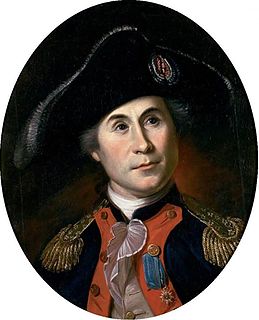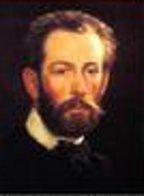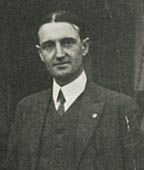A Quote by Muriel Rukeyser
I should like to use another word: 'audience' or 'reader' or 'listener' seems inadequate. I suggest the old word 'witness,' which includes the act of seeing and knowing by personal experience, as well as the act of giving evidence.
Related Quotes
The value of the Old Testament may be dependant on what seems its imperfection. It may repel one use in order that we may be forced to use it in another way-to find the Word in it...to re-live, while we read, the whole Jewish experience of God's gradual and graded self-revelation, to feel the very contentions between the Word and the human material through which it works.
Listening is a rare happening among human beings. You cannot listen to the word another is speaking if you are preoccupied with your appearance, or with impressing the other, or are trying to decide what you are going to say when the other stops talking, or are debating about whether what is being said is true or relevant or agreeable.
Such matters have their place, but only after listening to the word as the word is being uttered.
Listening is a primitive act of love in which a person gives himself to another’s word, making himself accessible and vulnerable to that word.
Never use a metaphor, simile, or other figure of speech which you are used to seeing in print. Never use a long word where a short one will do. If it is possible to cut a word out always cut it out. Never use the passive voice where you can use the active. Never use a foreign phrase a scientific word or a jargon word if you can think of an everyday English equivalent. Break any of these rules sooner than say anything outright barbarous.
Witness testimony is always flawed. It's better than circumstantial evidence, sure, but people aren't camcorders; they don't record every action and reaction, and the very act of remembering involves chosing words, actions and images. In other words, any witness who was supposed to be giving a court facts is really just giving them a version of fiction.
It is by no means enough that an officer should be capable. . . . He should be as well a gentleman of liberal education, refined manners, punctilious courtesy, and the nicest sense of personal honor. . . . No meritorious act of a subordinate should escape his attention, even if the reward be only one word of approval. Conversely, he should not be blind to a single fault in any subordinate.
We are not to make the Torah into God Himself, nor the Bible into a "paper pope." The Bible is only the result of the Word of God. We can experience the return of the Word of God in the here and now, the perpetual return of the actual, living, indisputable Word of God that makes possible the act of witnessing, but we should never think of the Bible as any sort of talisman or oracle constantly at our disposal that we need only open and read to be in relation to the Word of God and God Himself.
... the divine knowing - what the Father knows, and what the Word says in response to that knowing, and what the Spirit broods upon under the speaking of the Word - all that eternal intellectual activity isn't just daydreaming. It's the cause of everything that is. God doesn't find out about creation; he knows it into being. His knowing has hair on it. It is an effective act. What he knows, is. What he thinks, by the very fact of his thinking, jumps from no-thing into thing. He never thought of anything that wasn't.
When mystics use the word love, they use it very carefully - in the deeply spiritual sense, where to love is to know; to love is to act. If you really love, from the depths of your Consciousness, that love gives you a native wisdom. You perceive the needs of others intuitively and clearly, with detachment from any personal desires; and you know how to act creatively to meet those needs, dexterously surmounting any obstacle that comes in the way. Such is the immense, driving power of love.






































